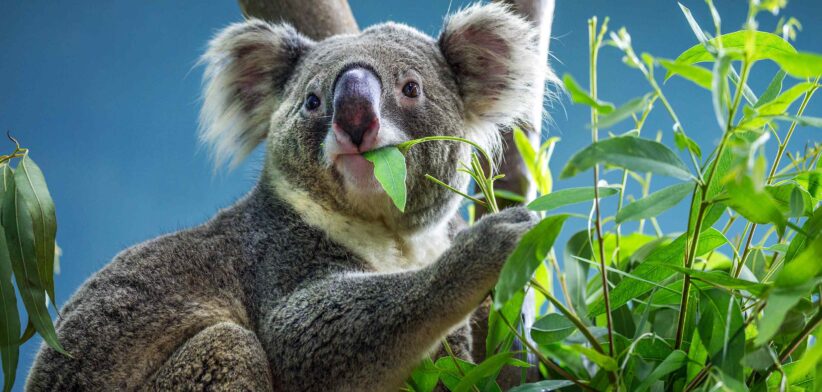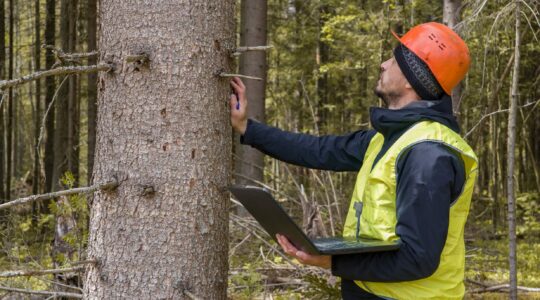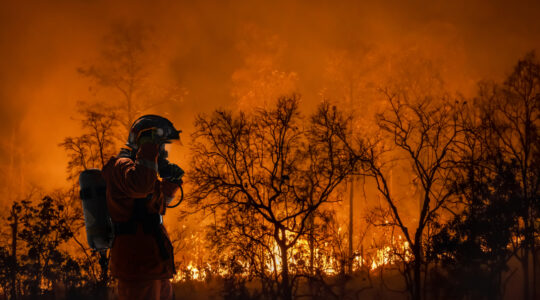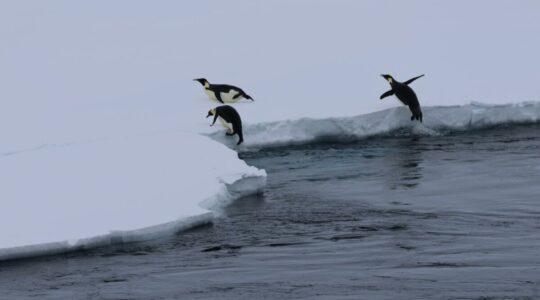Amendments to koala protection legislation will aim to prevent unintended clearing of koala habitat and streamline development applications.
A Queensland Government review of the current Nature Conservation and Other Legislation (Koala Conservation) Regulation, which came into effect in early 2020, found two problem areas.
The review stated the “complex, lengthy and confusing wording of the legislation” was leading to:
- Unintended clearing of koala habitat areas and less than effective monitoring, leading to data constraints, and
- Unnecessary complexity, costs and limited certainty for users.
State Environment Minster Leanne Linard said in response to the review, improvements would be made to koala habitat regulations, which would be supported by guidance material.
She said a new web-based notification system for interfering with koala habitat would be developed, which would allow for the collection of more accurate habitat-clearing data.
“The changes will also help reduce wait times for landholders requiring development approval and provide greater certainty to developers and property owners,” Minister Linard said.
The changes come as the Government announced almost $500,000 in funding for six research projects looking at koala habitat protection and restoration, threat mitigation and community partnerships.
The projects and recipients are:
University of the Sunshine Coast
- $100,000 for its project Identifying predictors of Chlamydia disease progression in koalas, which will develop an advanced biomarker panel as a diagnostic tool for predicting a koala’s risk to developing Chlamydia.
- $99,070 for its project Chlamydia: identifying hotspots, investigating drivers, and building community management capacity, which focuses on chlamydial disease threats to koalas by collecting new koala population data on the Jimna Range using drones, detection dogs and analysing of koala scats.
University of Queensland
- $99,837 for its project Diagnosis of stress-levels in koalas across different habitats, which will develop a species-specific test kit to measure cortisol metabolites in koala faeces, as an indicator of stress. This will give ecologists and wildlife rangers tools to monitor populations for stress across different habitats and will inform conservation policies to address this.
- $74,220 for its project Improving monitoring and community-led awareness for koala conservation, which will develop and demonstrate drone-based protocols to estimate koala population size in fragmented habitat and distribution in the Burleigh Heads region.
- $72,185 for its project Maximising effective deployment of the koala Chlamydia vaccine in SEQ, which will investigate the efficacy of current koala C. pecorum vaccine programs at a population level and guide how to best use the vaccine to improve outcomes.
Watergum Community Inc
- $45,500 for its project Establishing a comprehensive koala disease profile for Gold Coast koalas, which will analyse koala scat DNA and undertake community engagement to inform the public on helping to protect koala populations.








